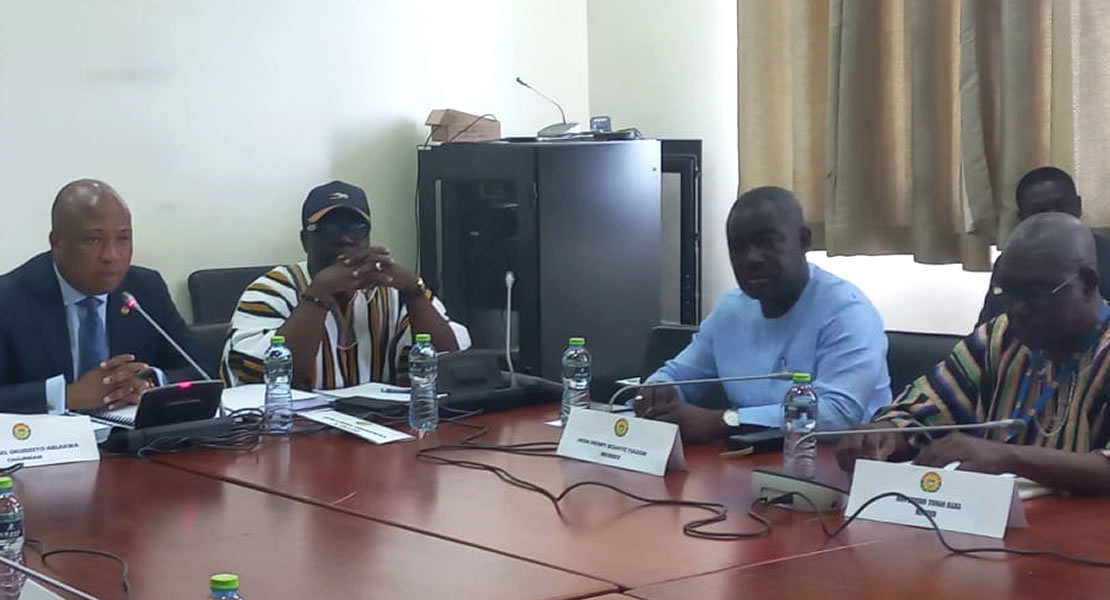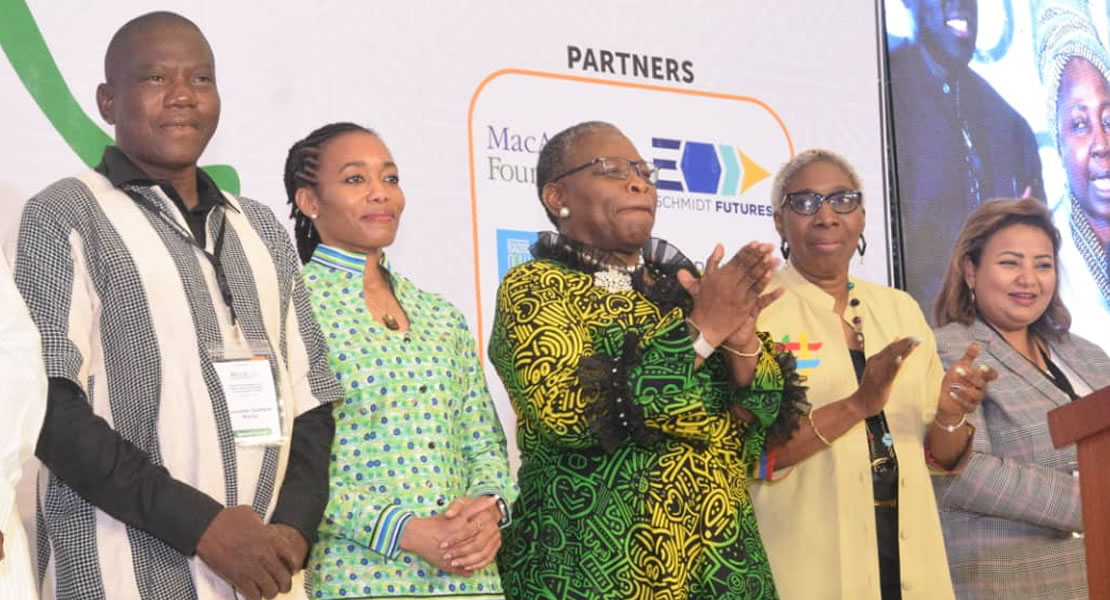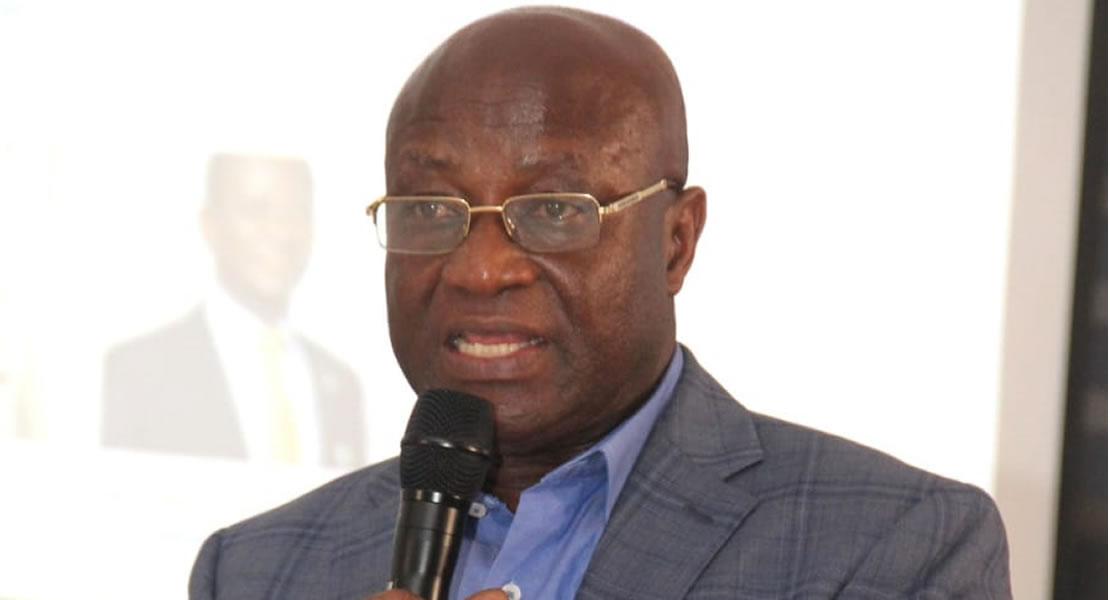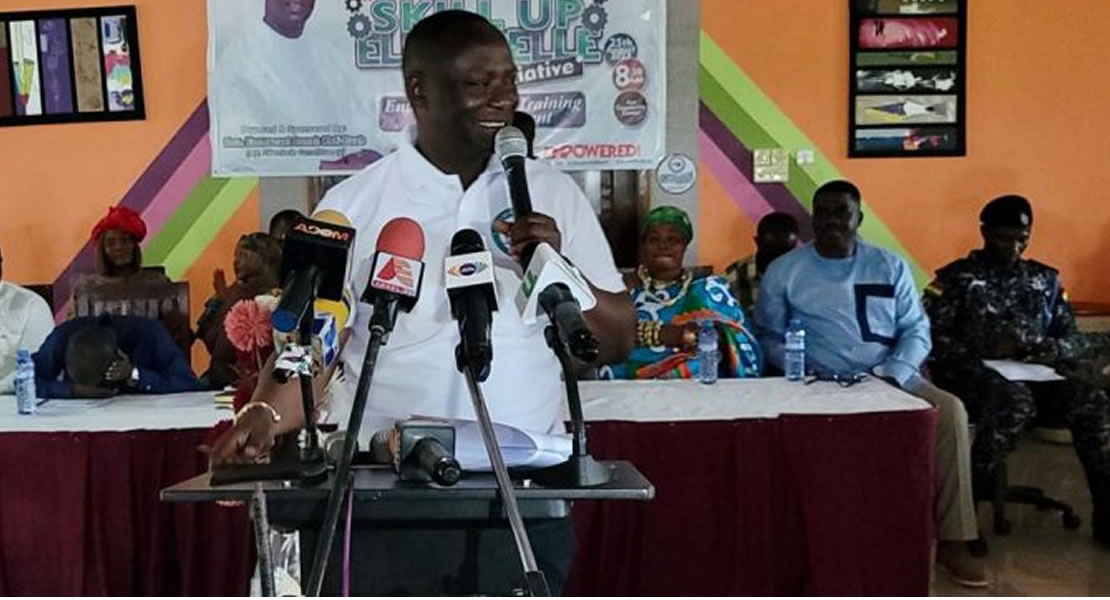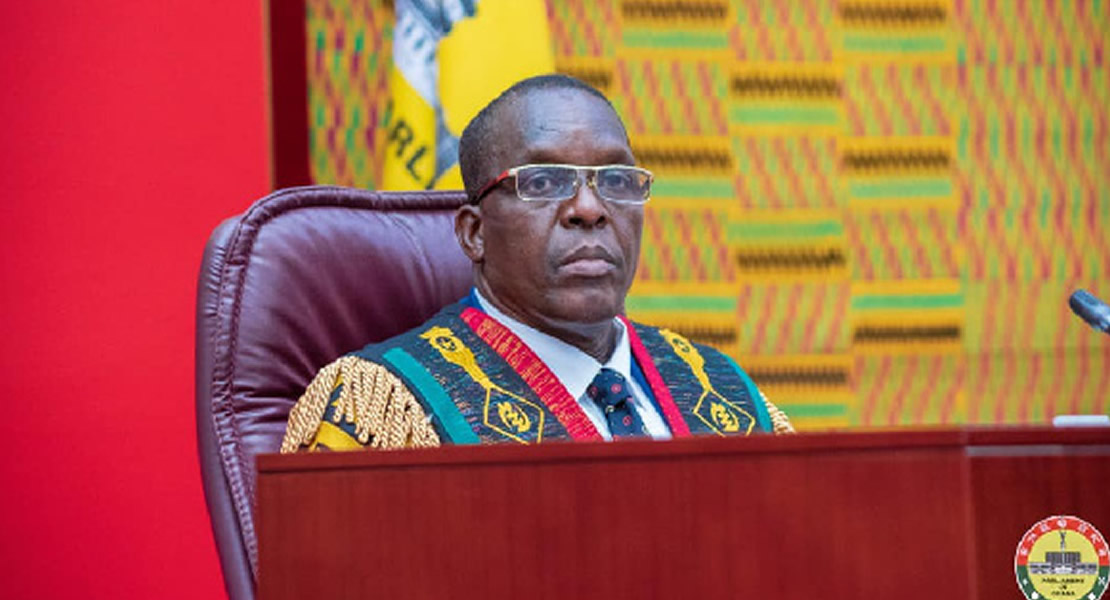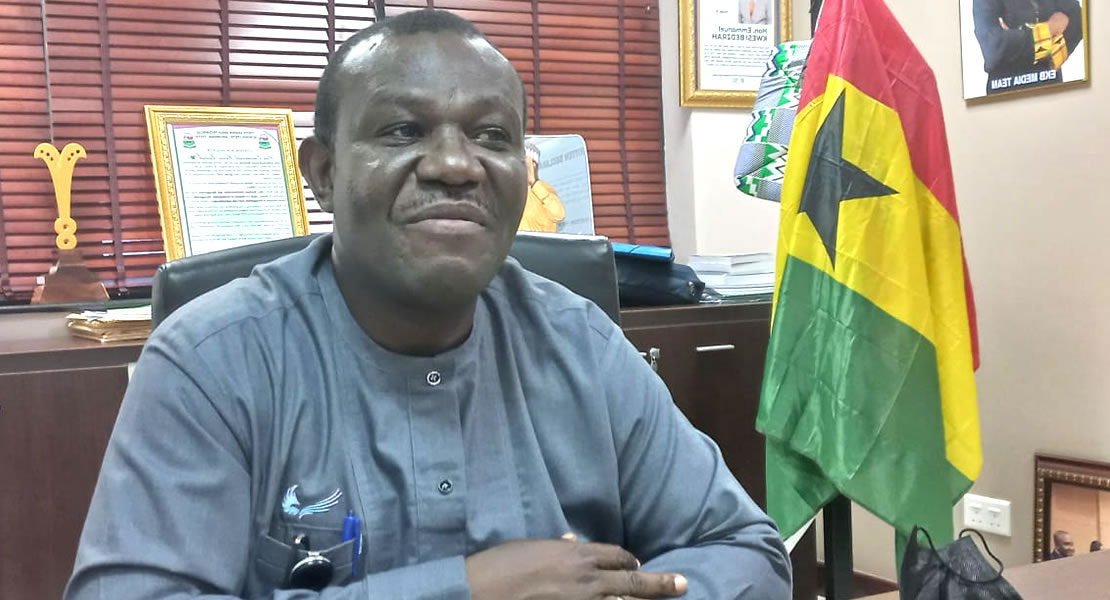Ghana’s Minister of Parliamentary Affairs, Osei-Kyei-Mensah-Bonsu has said utilizing renewable energy resources which abounds on the African continent presents an opportunity for industrialization in Africa, offering economic, environmental and socio-economic benefit.
According to him addressing the exiting financial, technical, policy and ecological challenges, capitalising on the opportunities, African Countries can unlock the full potential of renewable energy to drive sustainable industrial growth and improve the quality of life for their people.
He made these remarks, in Arusha Tanzania where he presented a paper on the theme: “harnessing abundant renewable energy sources in African to speed up industrialisation opportunities and challenges”, at the 53rd Commonwealth Parliamentary Association (CPA) African Region Conference.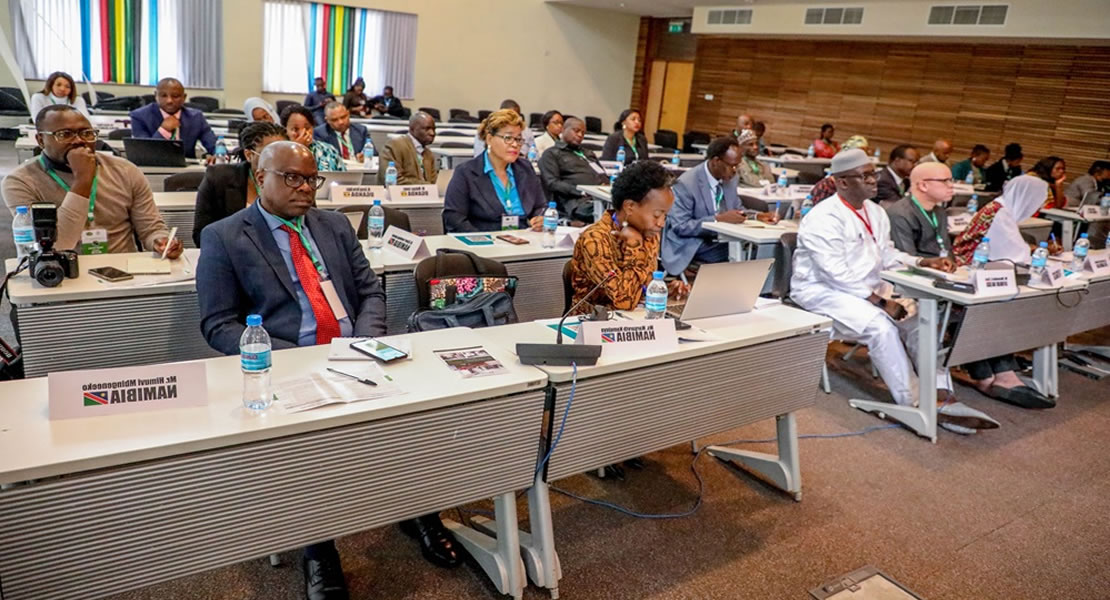
Current Energy landscape in Africa:
The 2020 IEA and World Bank report revealed that 46% of Africans were without access to electricity in 2018. Approximately 900 million individuals in Africa rely on traditional biomass for cooking. Biomass usage, especially, firewood and coal from felled timber, degrades the environment and negatively impacts climate change.
This emphasises the critical importance of addressing energy poverty in Africa and implementing sustainable solutions for reliable and clean energy access. Universal access to electricity and clean cooking is paramount for many nations, particularly in Sub-Saharan Africa, where 25 countries grapple with energy crises and frequent blackouts.
Opportunities of industrialisation:
Renewable energy projects can stimulate local economies by cultivating and nurturing associated industries and services.
It is projected that Africa could potentially experience a substantial 6.4% increase in GDP between 2021 and 2050, directly attributable to the energy transition.
This anticipated economic growth is expected to be propelled by public investment and expenditure, private investment in energy transition technologies, and favorable net trade differences.
Challenges:
While Africa is rich in potential for renewable energy, several challenges have combined to restrict its ability to harness the abundant renewable energy resources fully.
First, one of the primary challenges many African countries face is the significant capital cost required for renewable energy projects. Limited access to international finance and high perceived investment risks compounds the struggle to secure the necessary funding.
Secondly, certain major regions face challenges related to the lack of grid infrastructure to support large-scale renewable energy projects.
Thirdly, there is a shortage of technical expertise and skilled labour necessary to design, install, and maintain renewable energy systems in these areas.
The Government of Ghana has acknowledged renewable energy as a crucial option to mitigate the negative effects of energy production on the environment.
Currently, the energy mix in respect of electricity is about 30% renewable to 70% non-renewable, but in terms resort to total energy use, the picture is scary: for in that regard, the energy mix consists of 10% renewable and 90% non-renewable sources.
There is a pressing need for more sustainable energy alternatives to mitigate the impacts of potential energy crises in Ghana.
The country’s heavy reliance on imported petroleum fuel makes energy security precarious. In response, the government has established targets for the energy sector, including achieving a 10% contribution of renewable energy in the electricity generation mix by 2025 and increasing investment to meet renewable energy targets of adding 2000mw of solar power to increase the renewable energy stock to 3500MW by 2028.
For electricity generation, the mix then will be by 2028 47% renewable to 53% non-renewable. Commensurately though, given the high cost of thermal power generation, demand for it, would wane and thereby decrease its component in the energy mix to below 45% by 2028.
Renewable Energy Potentials in Ghana
Studies indicate that Ghana’s current and future energy requirements can be met through the utilisation of renewable energy sources. Presently, renewable energy accounts for 80% of the country’s total energy potential and 20% of its electricity generation.
Wind power
The Energy Commission of Ghana has reported that there is significant potential for wind energy generation in the country. Data from the Ministry of Energy indicates that the annual wind speeds consistently exceed 50m, with certain areas experiencing speeds of 8.4 to 9.9 m/s. The primary wind resources are concentrated along the narrow stretch of the eastern coastline of Ghana and on the hilltops surrounding Volta Lake and the border with Togo.
Bio-mass
Biomass encompasses wood used for fuel, charcoal, agricultural waste, waste-to-energy, and burnt palm kernel shells utilised for heating and cooking. In Ghana, traditionally, approximately 40% of households rely on wood for cooking, while close to 33.7% utilise charcoal. Charcoal production and sale are prevalent in certain regions of Ghana, particularly the central and northern areas. Over the years, Ghana has heavily depended on biomass energy sources.
In comparison to electricity and petroleum, biomass consumption in Ghana has experienced a decline from 54% in 2005 to 43% in 2010 and as of 2020 declined further to 30%. This trend suggests a gradual shift towards the adoption of sustainable energy sources such as liquefied petroleum gas (LPG) and biogas by the Ghanaian populace.
Solar Power.
Ghana has abundant solar resources, with an average solar radiation ranging from 4.4 to 5.6 kWh/m2/day and sunshine duration between 1,800 and 3,000 hours annually. Until recently, there has been little exploitation of this resource. However, the solar market has started to be tapped for photovoltaic (PV) systems and solar water heaters. The Government of Ghana has also begun using solar energy to light some major streets.
Hydropower
The hydropower potential in Ghana is estimated to be approximately 3,000 MW. The Akosombo and Kpong hydroelectric plants, located on the White Volta, along with the Bui plant on the Black Volta, collectively generate 1,580 MW. According to the Ghana Sustainable Energy for All Action Plan, there are nearly 22 potential minihydro sites in Ghana that can be developed for power generation.
Renewable energy Policy in Ghana
Ghana’s energy policy is based on the Renewable Energy Act, 2011 (Act 832) of Ghana.. Renewable energy sources include hydro, ocean energy, biofuel, landfill gas, biomass, wind, solar, and geothermal energy. These sources are abundant in Ghana and can be harnessed to achieve sustainability. The Act is based on the following principles: achieving long-term energy supply through public, private, and foreign investment; expediting privatization activities; and ensuring the optimal and sustainable development and operation of all renewable energy sources. The overall aim is to use energy sources sustainably while minimizing environmental damage due to development programs.
The main challenge in using renewable energy in Ghana is its low energy intensity. There are significant barriers that need to be addressed to increase the use of renewable energy in the market, including the cost of technologies, financing issues, and scientific and technical barriers.
Ghanamps.com
